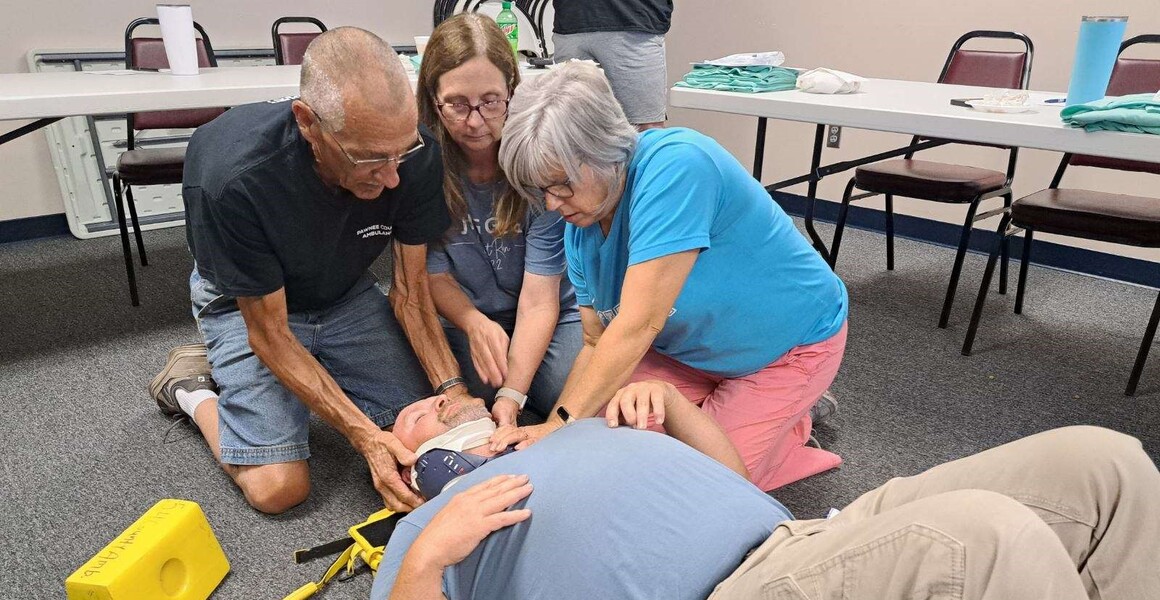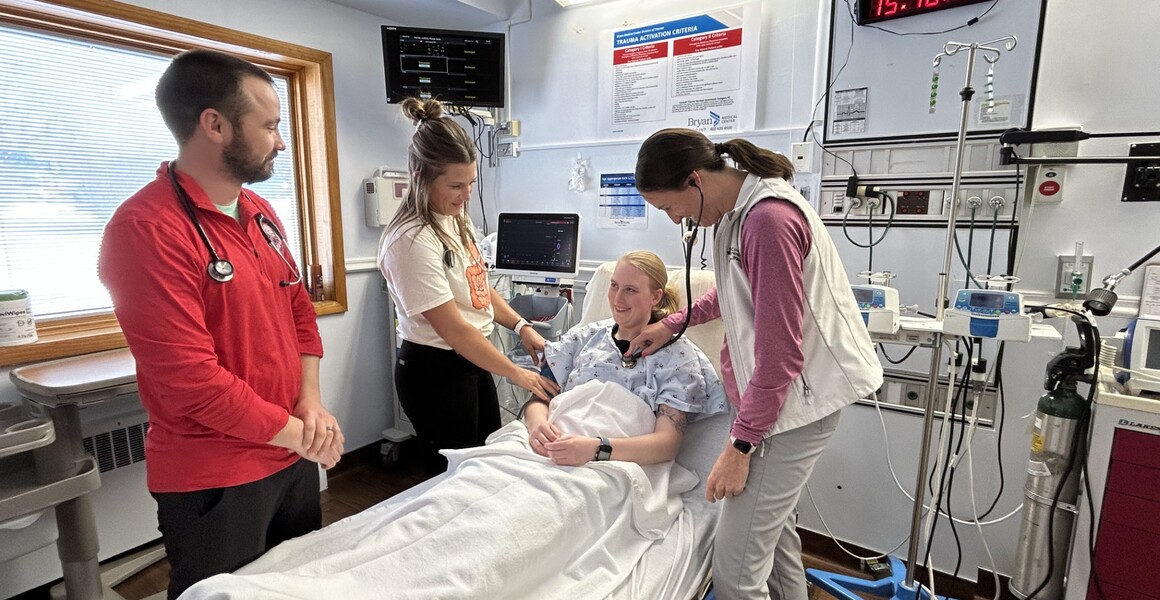Dizziness and Vertigo
By Dr. Kent Niss
Dizziness is one of the most common discussion topics in my clinic and therefore I would like to give it some time and education this week. As one of my mentors used to say, “dizziness comes in a lot of flavors”. Dizziness can mean simply being lightheaded, a feeling of numbness or vision disturbance, feeling faint, slight confusion or a feeling of the room spinning around you. Therefore, it is very important to think about what specific kind of dizziness you are experiencing, as all of these have different causes and more importantly the treatments are very different. Today we will discuss the different types of dizziness, some of the causes, what we can do about them both at home and when you should see a provider about this.
The most commonly associated term with dizziness is “vertigo”. However, in all reality this is a smaller portion of what equates to true dizziness. Vertigo is the sensation of the room spinning around you and most commonly is a disconnect between your sense of balance which is within your inner ear and your brain. Most commonly this is due to some dysfunction within the inner ear. To clarify, there are three portions of the ear: the outer ear which we can see feel and look at, the middle ear which is where our hearing is located, and this is what is located behind the eardrum, and then the inner ear which is actually a portion of your brain. This inner ear looks very similar to a snail shell and has multiple very small rocks within it that move around and allow us to perceive where we are and space. If one of these gets dislodged or restricted to a particular area our sensation of where we are in space gets lost and we have the symptom of vertigo. That is the most common cause of vertigo although sometimes inflammation within the inner ear can also cause vertigo symptoms. If you have vertigo symptoms it is important to discuss this with your provider to determine what the specific cause is so that a treatment plan can be started soon. Oftentimes with vertigo it is due to one of these stones being dislodged and certain techniques need to be performed to try to get things back in the correct orientation. Most commonly physical therapy is utilized to help with this however occasionally this can be done on your own with a maneuver called the Epley maneuver. This is usually something that needs to be repeated over time and that is why physical therapy is the most direct form of managing this type of vertigo.
By far and away the most common cause of dizziness is a complication with circulation of our blood. This could be due to several reasons but most commonly dehydration. This sense of dizziness is usually described as an uneasy feeling or as if you are standing on a ship. Also commonly described as lightheadedness. This occurs often when you stand up too quickly or if you have not been drinking enough fluids throughout the day or even if you have not been eating for some time. However, if there are no obvious reasons such as these then it is very important to talk with your provider about this type of dizziness. There are some other more concerning things that can cause disruption in your circulation including heart arrhythmias, low blood counts (anemia), congestive heart failure, stroke-like symptoms or even a heart attack. Therefore, if you are having any of these symptoms and you cannot identify a cause immediately it would be a good idea to discuss that with your provider. Sometimes different medications can also cause this and therefore it is very important that you talk with your medical provider about any medication interactions/side effects you have questions about. The most important treatment to consider with this type of dizziness (lightheadedness) is making sure you are staying well hydrated. It is all too common that we do not drink enough water and develop ill effects because of it. Simply adding an additional glass (8oz) of water per day can have a significant effect.
Now, there are several other causes of dizziness and most of them have fairly obvious causes such as low blood sugar, anxiety, known disorders such as Parkinson’s or Multiple sclerosis. Therefore, it is rather important to make sure to consider any past medical conditions when talking to your provider about dizziness. This can be especially important if you are a diabetic and take insulin as dizziness may be the first symptom of a low blood sugar and this is something that needs to be corrected immediately.
Dizziness is common and although it can be dangerous and definitely increase our risk of falling, it usually has a simple cause that can be treated quickly. Always keep in mind what “type” of dizziness you are experiencing: room spinning (vertigo), lightheaded/on a ship, or is there also confusion/headache or medications involved. Dizziness can be a very stressful and frustrating symptom, but there are many things we can do to help manage and treat it. Please consider talking with your primary care provider if you have questions about your dizziness.










